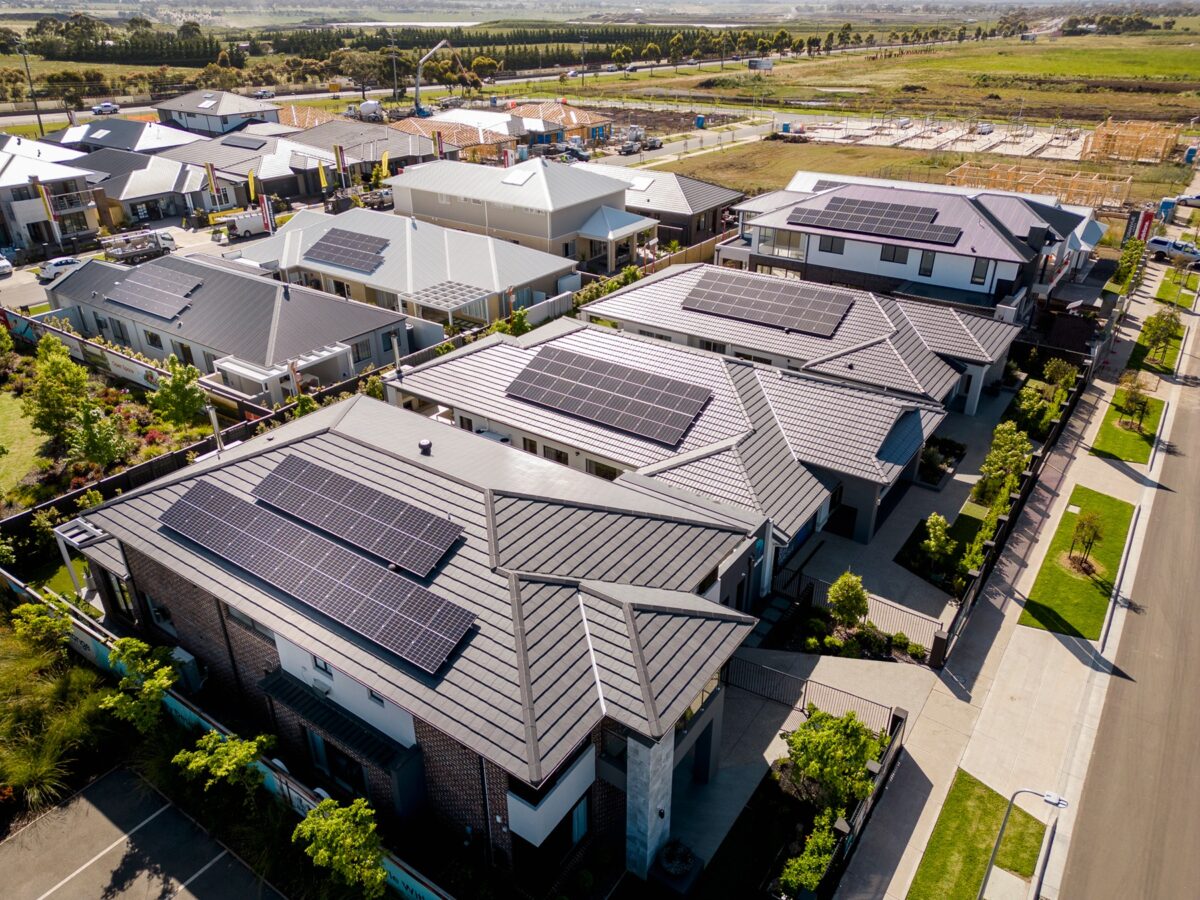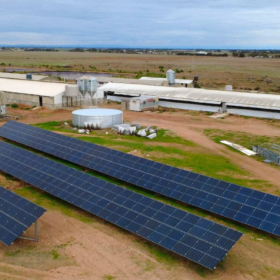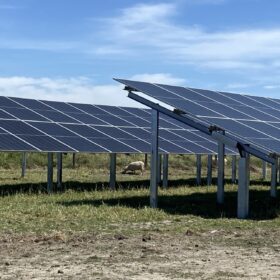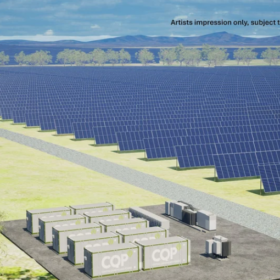The New Zealand government has brought into force that a building consent is not required to install rooftop solar panels on any building, though conditions do apply.
NZ Building and Construction Minister Chris Penk described the reform he proposed as a “common sense” move, which until its official introduction meant decision making on solar panel consents varied between councils, creating uncertainty for homeowners and installers.
“Making the process simpler by removing burdensome red tape is expected to save Kiwis around $1,060 (USD 688) per consent and help avoid unnecessary delays,” Penk said.
“It remains important that installations are carefully managed and comply with the Building Code.”
Penk said that for rooftop installations over 40 square metres in total area per roof, or in very high wind speed areas, a chartered professional engineer must provide or review the design of the structural fixings for the exemption to apply.
“Most residential rooftop solar arrays are between 25 and 30 square metres, so the majority of households will be able to install their solar panels without involving an engineer,” Penk said.
Fast-track consents
Penk also aims to extend a rooftop solar incentive announced in early 2025, that fast-tracked building consents for new residential buildings with solar electricity generation in their design, halving processing time from 20 working days to 10.
The extension would cover sustainable buildings, where buildings need to meet performance criteria demonstrating it incorporates either high energy efficiency, water efficiency, low embodied carbon, or climate resiliency.
“Legislation to create a fast-track building consent process for sustainable buildings, including those with solar panels, will be included in a Bill I intend to introduce to Parliament early next year,” Penk said.
“The Chief Executive of the Ministry of Business, Innovation and Employment (MBIE) will set the performance criteria for each sustainable building attribute through secondary legislation, ensuring clear guidance for builders and developers.”
“By accelerating rooftop solar generation and reducing regulatory barriers for sustainable buildings, we are helping Kiwis shrink their power bills and live in healthier homes,” Penk said.
The fast-track building consent process for buildings with rooftop solar panels will be rolled out first with uptake and impacts on the consenting system monitored and considered prior to implementing the fast-track consent process for sustainable buildings.
This content is protected by copyright and may not be reused. If you want to cooperate with us and would like to reuse some of our content, please contact: editors@pv-magazine.com.









1 comment
By submitting this form you agree to pv magazine using your data for the purposes of publishing your comment.
Your personal data will only be disclosed or otherwise transmitted to third parties for the purposes of spam filtering or if this is necessary for technical maintenance of the website. Any other transfer to third parties will not take place unless this is justified on the basis of applicable data protection regulations or if pv magazine is legally obliged to do so.
You may revoke this consent at any time with effect for the future, in which case your personal data will be deleted immediately. Otherwise, your data will be deleted if pv magazine has processed your request or the purpose of data storage is fulfilled.
Further information on data privacy can be found in our Data Protection Policy.